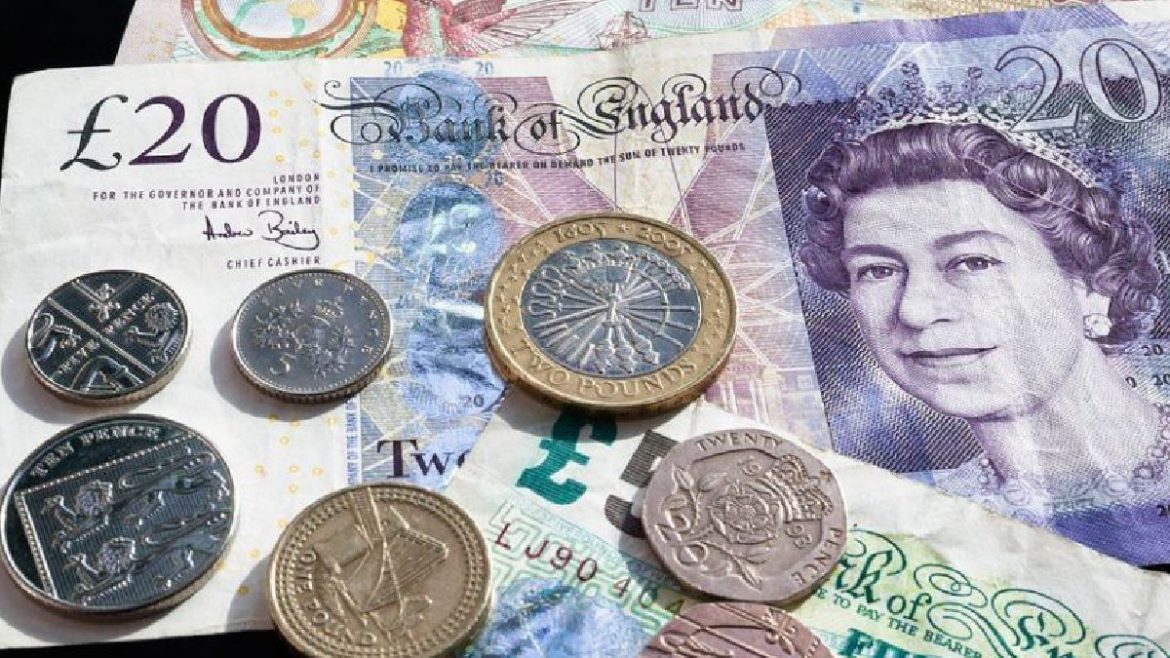Speaking at the Economic Policy Symposium in Wyoming, Bank of England governor Mark Carney discussed the need for a new international monetary and financial system (IMFS). Carney stated that though the U.S. Dollar has played a dominant role in the world and recent developments like the US-China trade war and increased globalization may have an impact on national economies. He highlighted the fact that the USD’s use in international securities issuance as the primary settlement currency for trades has contributed to its dominance. However, developments affecting the USD have a stronger impact on global economies. These spillover effects can damage the economies that depend on the USD as a primary settlement currency. Carney suggested several possible replacements to the USD, including the Chinese renminbi, and most importantly, a digital currency supported by an international coalition of central banks.
In a statement, Carney said: “It is an open question whether such a new Synthetic Hegemonic Currency (SHC) would be best provided by the public sector, perhaps through a network of central bank digital currencies. An SHC could dampen the domineering influence of the U.S. dollar on global trade.”
Governments pile USD to insure against swings in the U.S. economy, which in recent times has intensified, leading to a significant rise in the cost of borrowing. A digital currency “could dampen the domineering influence of the U.S. dollar on global trade,” he said in a speech at the gathering of central bankers from around the world in Jackson Hole, Wyoming. “If the share of trade invoiced in a digital currency were to rise, shocks in the U.S. would have less potent spillovers through exchange rates, and trade would become less synchronized across countries.”
While Carney did not explicitly speak about cryptocurrencies, he noted that the high cost of domestic and cross border electronic payments are encouraging innovation, and emerging business and developers are applying new technologies to offer lower cost, more convenient retail payment services. Innovation is disrupting the network effect that protects the USD. He noted that an increasing number of transactions occur online and use electronic payments rather than cash.
One leading example is Facebook’s Libra. The social media giant has proposed Libra as a payments infrastructure and stablecoin backed by the USD.
How?
Libra would address regulatory issues to drive adoption. The Bank of England, other government institutions hold that the terms of engagement for any new systemic private payments system must be in force well in advance of any launch. While a digital currency might not yet be ready to replace the dollar as a global currency, Carney finds the idea intriguing.
Libra’s hearings in the U.S. Senate started a conversation on Bitcoin and cryptocurrencies in centralized institutions globally. In response to Libra’s launch announcement, People’s Bank of China (PBoC) announced plans to launch Digital Yuan. The Indian government is considering a blanket ban on cryptocurrencies and may launch a centralized digital currency similar to the Digital Yuan. Libra’s launch announcement and the US-China trade war’s collateral damage on EuroZone countries may have inspired Carney’s take on USD. Either way, there is a digital currency revolution on its way and Bank of England may be among the first few banks to replace USD in its reserves with digital currencies.
Will Bank of England Replace USD Reserves With Crypto?
previous post

1 comment
[…] Cryptocurrency […]
Comments are closed.